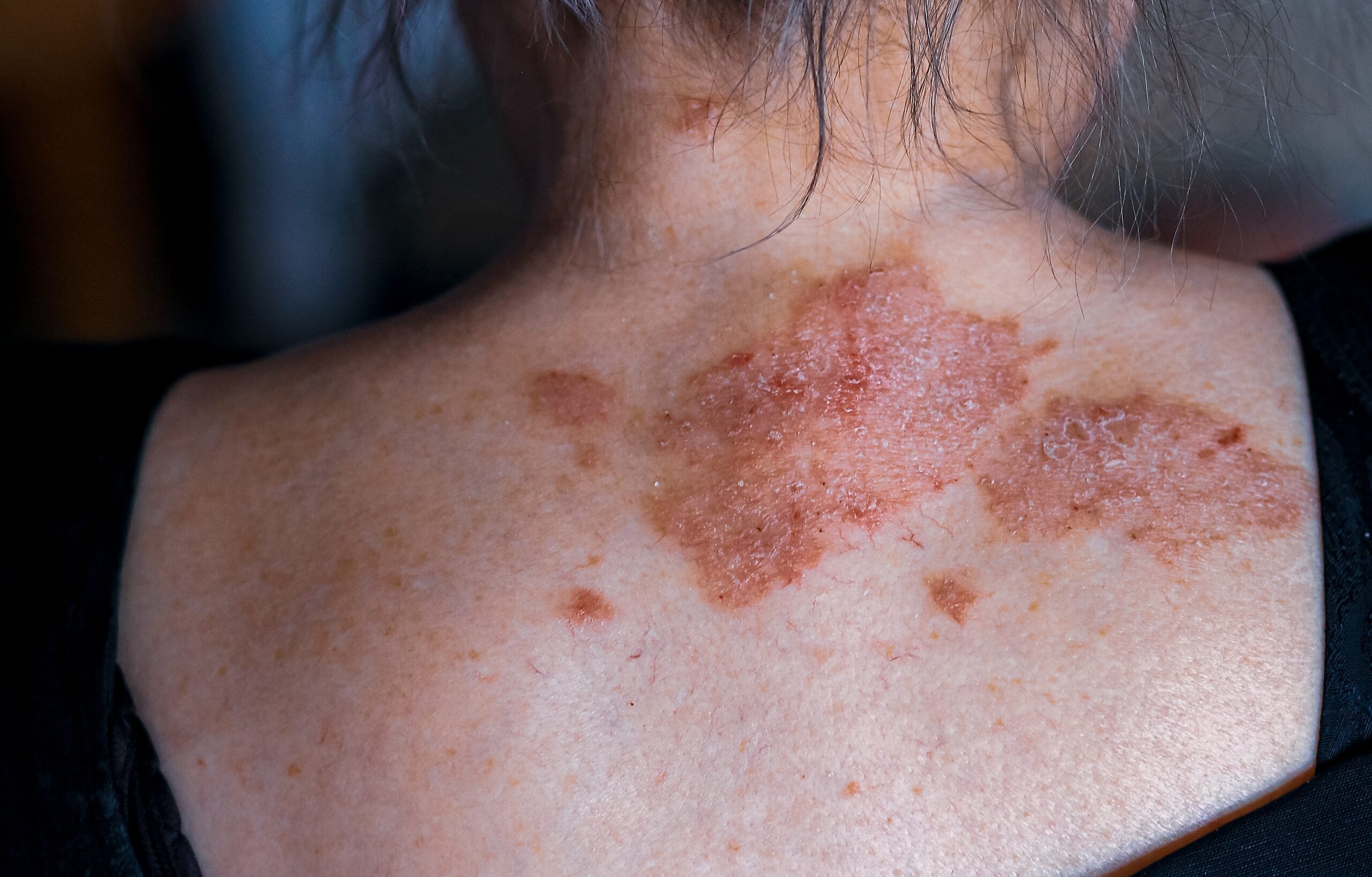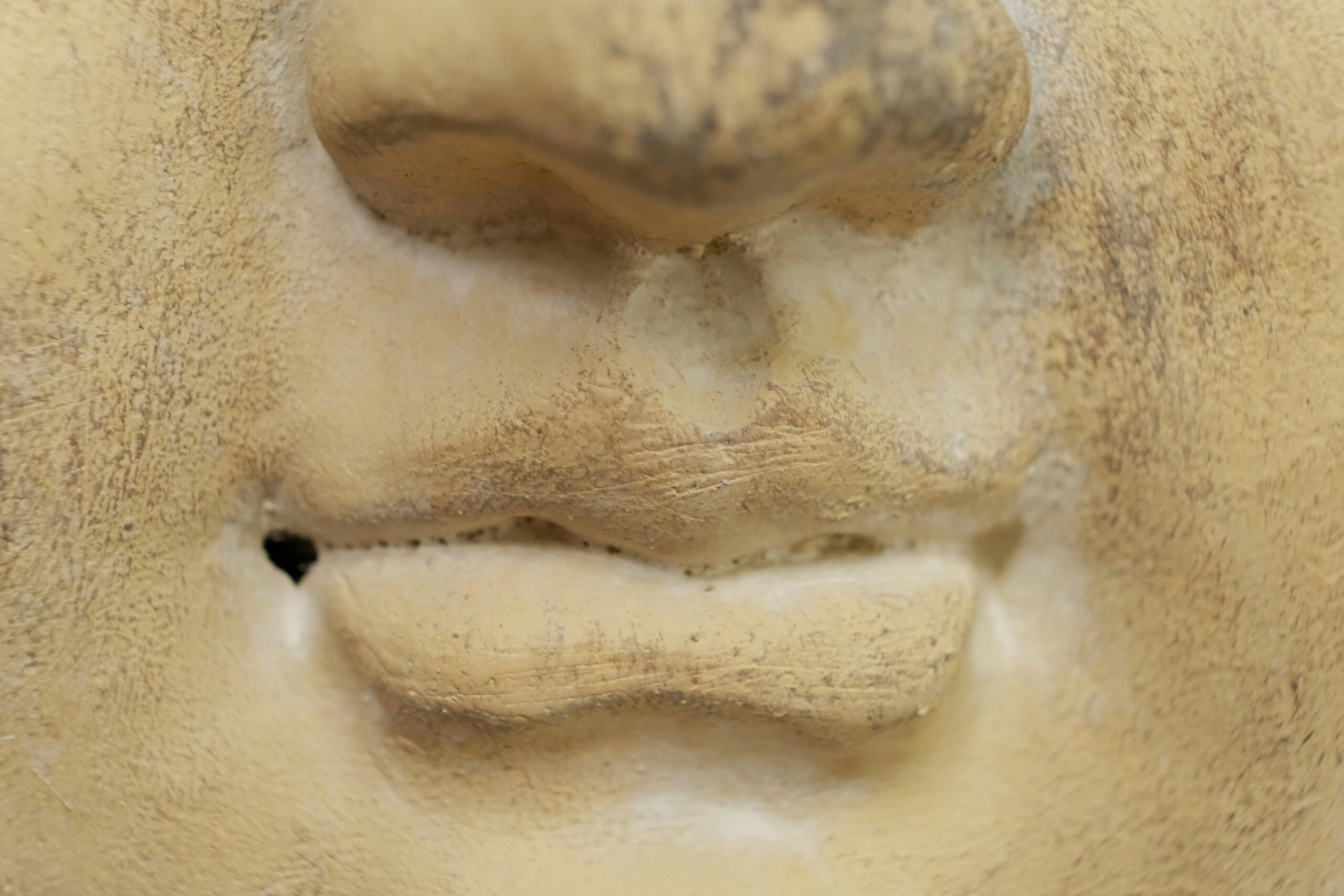November is Eczema Awareness Month- a time when the Eczema Society of Canada (ESC) is taking significant steps to raise awareness about eczema. Throughout the month, landmarks across the country will light up in blue, symbolizing the effort to bring eczema out of the shadows.
This November, ESC invites you to be part of this movement by sharing photos of blue-lit monuments in your area! Post your photos on social media with the hashtag #ShiningALightonEczema and tag ESC to help amplify the message. Lighting times vary by location, so check the calendar for details. Remember, many will light up after dusk, but timings can change, so stay updated!
Eczema is more than just dry skin – it can be painful and life-altering. While eczema often presents as dry, itchy skin, its symptoms and appearance can vary widely:
Eczema patches may crack, bleed, ooze, or feel rough and thickened. In white skin, eczema patches often appear red, while in skin of color, they may look purplish, gray, or darker than the surrounding skin.
Eczema is a persistent condition with periods of “flare-ups” (active, red, scaly patches) and “remissions” (less active phases). Some individuals constantly manage patches that are never fully inactive.
Fast Facts About Eczema:
1. Types & Prevalence: Atopic dermatitis (AD) is the most common type, linked to genetic, immunological, and environmental factors. Those with eczema may also experience related conditions like asthma or hay fever.
2. Triggers & Flare-ups: Eczema flare-ups can be triggered by environmental factors like soaps, fabrics, dust, or even stress. Additionally, temperature changes, humidity, and certain foods may worsen symptoms.
3. The Itch-Scratch Cycle: Itching leads to scratching, which aggravates the skin and can intensify the condition, creating a painful cycle.
Tips for Living with Eczema:
1.Identify Triggers: Track potential triggers by noting if certain activities or items worsen symptoms.
2.Environmental Control: Reducing exposure to known triggers can help minimize flare-ups, but it’s essential to stay vigilant as new triggers may emerge.
3.Moisturize Regularly: Keeping skin well-moisturized is vital to managing symptoms and can act as a barrier against flare-ups.
Want to Shine a Light on Eczema? Here’s How:
If your city isn’t participating in the monument light-up, you can still help spread awareness:
– Replace your porch light with a blue bulb.
– Wear blue, snap a photo, and share it with campaign hashtags, tagging ESC.
– Host an eczema awareness session at your school or workplace.
– Share ESC’s educational videos or advocate for better eczema treatments by reaching out to local representatives.
Together, let’s spread awareness and understanding about this chronic condition that affects not only individuals but their families too.



